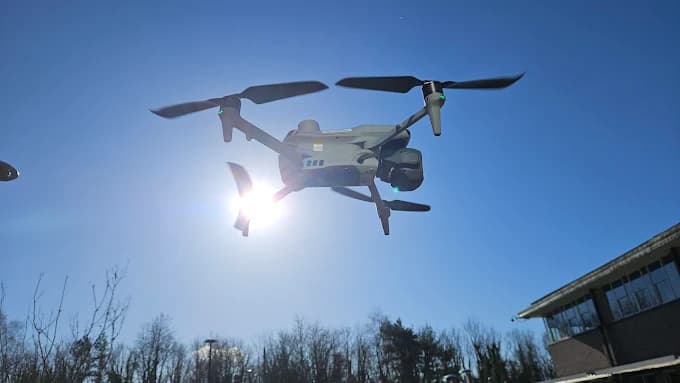
If you're looking to push your drone operations beyond the standard, the RPC-L3 is the qualification you'll need. It authorizes complex Beyond Visual Line of Sight (BVLOS) flights in medium-risk environments, opening up a new level of operational freedom.
However, the path to achieving this advanced competence isn't simple. Understanding the demanding entry requirements and training is the first step toward unlocking these advanced privileges and proving you're ready for the challenge.
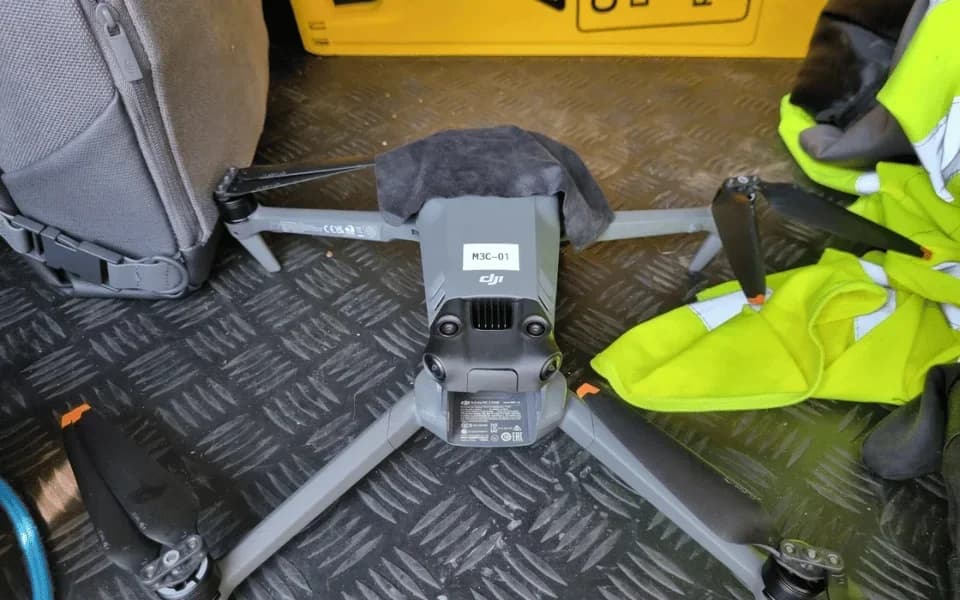
30 Second Summary
- RPC-L3 is the UK's advanced drone qualification authorizing complex Beyond Visual Line of Sight (BVLOS) operations.
- It permits flights in controlled airspace and near populated areas, up to medium-risk Air Risk Class C (ARC-c).
- Key entry requirements include 50 logged BVLOS flight hours and a mandatory LAPL medical certificate.
- Training involves passing advanced theory and three distinct flight assessments within a six-month period.
- A final assessment validates competence in operational planning, risk management, and handling of contingency procedures.
What Is RPC-L3: Advanced Competenc Drone Licence
The RPC-L3 (Remote Pilot Certificate Level 3) is the UK's advanced drone qualification, representing the third tier in the four-level RPC progression system. Earning this certificate proves your advanced competence for truly complex missions.
Under the UK SORA framework, it grants you the authority to conduct en-route Beyond Visual Line of Sight (BVLOS) operations up to Air Risk Class C (ARC-c). This is a crucial step for professional drone pilots.
Operating within ARC-c significantly expands your capabilities. You're no longer restricted; now you can tackle moderate to higher-risk environments.
This means you’ll be able to plan and execute flights within controlled airspace, where manned aircraft operate, and conduct essential operations near populated areas. It’s a qualification that validates your ability to manage greater operational complexity, demanding a high level of skill, knowledge, and procedural discipline from you as the drone pilot.
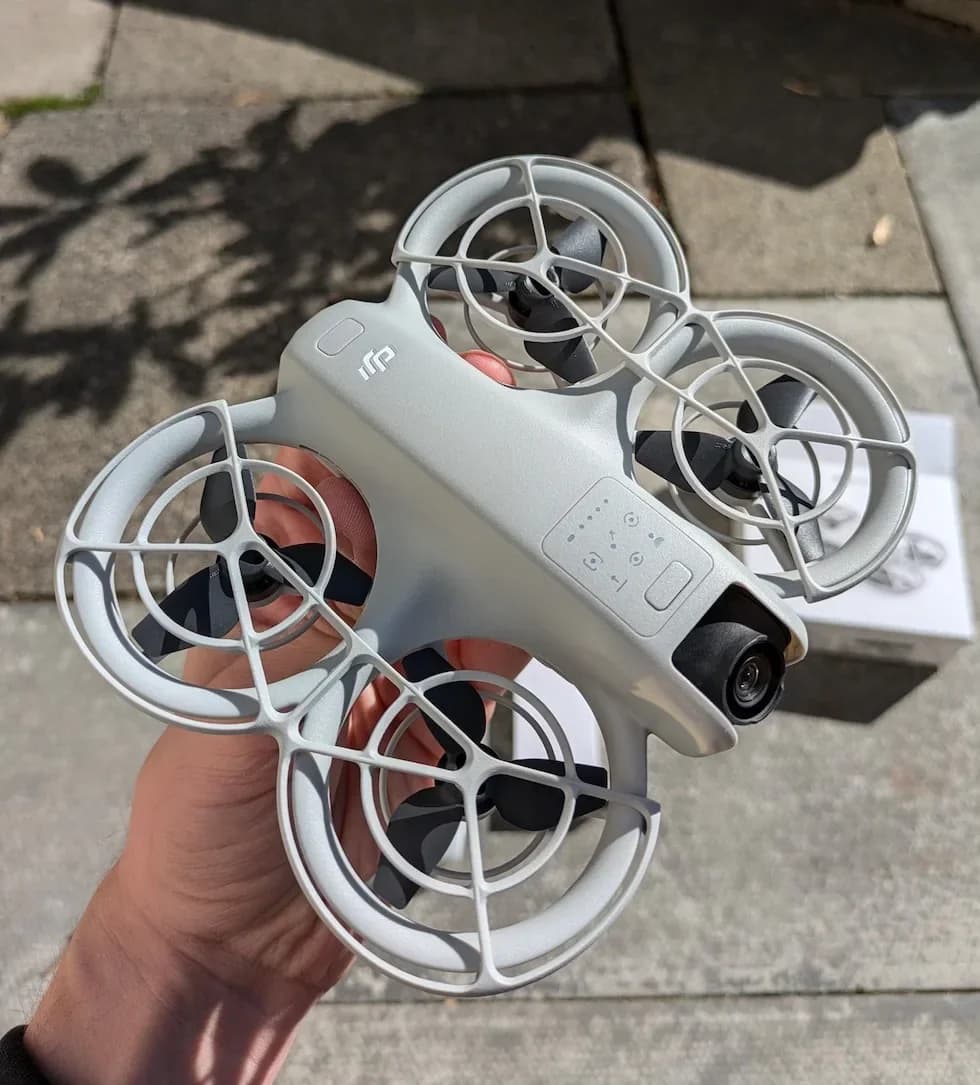
RPC-L3 Entry Requirements
To qualify for RPC-L3 training, you'll need more than just your RPC-L2 certificate. You must demonstrate significant experience by logging a minimum of 50 Beyond Visual Line of Sight (BVLOS) flight hours.
These hours aren't just for any flight; you must complete them entirely within the Specific Category. It’s also mandatory that you accumulate this experience using a drone from the same category (either rotorcraft drone or fixed-wing drone) that you plan to operate for your L3 flights. This requirement ensures your practical skills are directly relevant to the complex tasks ahead.
In addition to the extensive flight time, you'll face a much stricter medical evaluation. You're required to obtain a Light Aircraft Pilot Licence (LAPL) medical certificate, representing a significant jump from RPC-L2 requirements. Lastly, you must be at least 18 years old to be eligible for this advanced competence training.
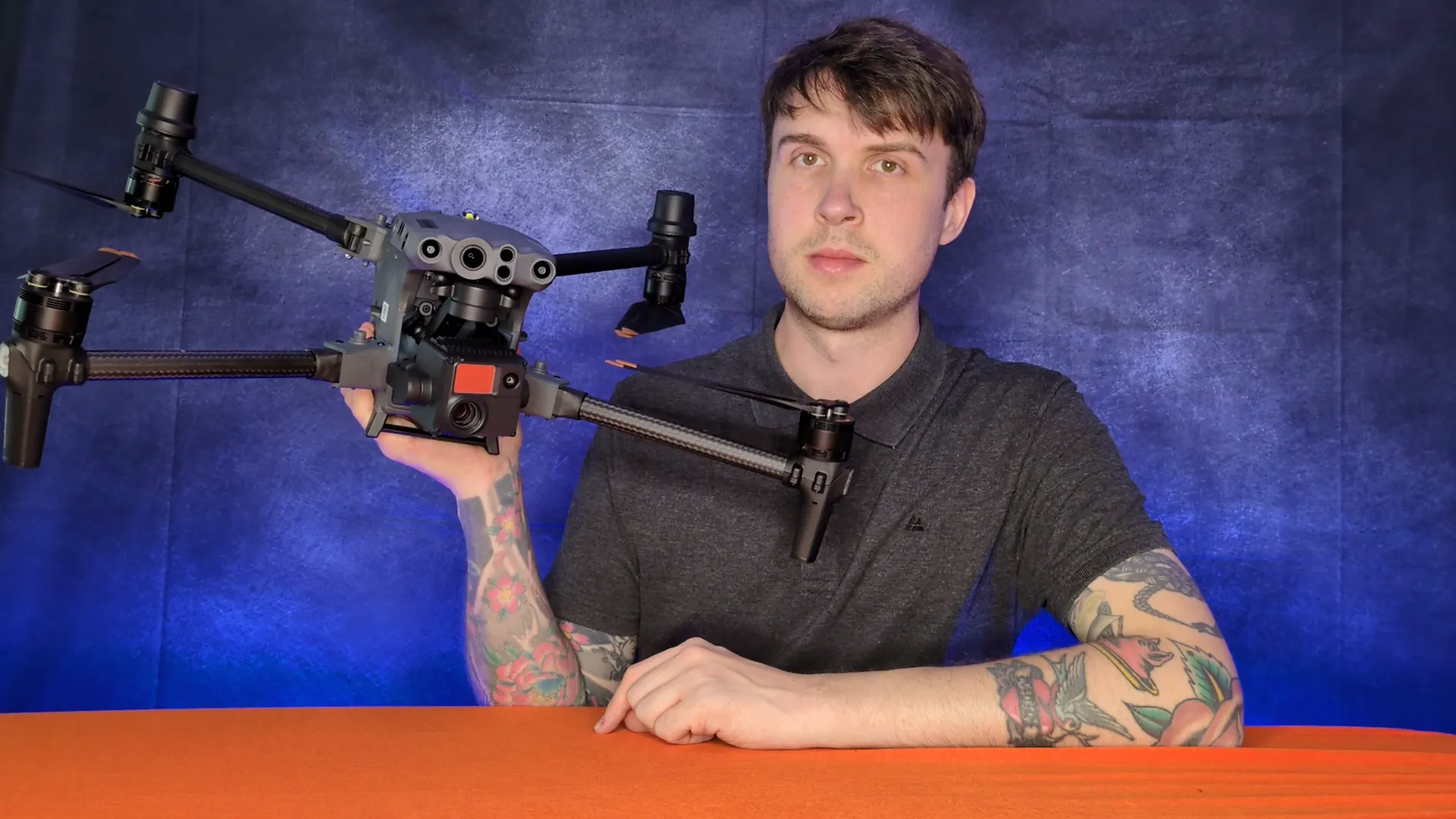
Operational Privileges
With your RPC-L3 licence, you’re authorized to conduct Beyond Visual Line of Sight (BVLOS) operations in medium-risk ARC-b and ARC-c environments. This means you can now execute missions that involve controlled airspace and operate near populated areas, a significant expansion of your operational scope.
It's a dramatic leap from the RPC-L2 certification, which confines you to segregated, atypical air environments, also known as ARC-a. Your new privileges allow you to tackle truly complex scenarios in busier airspaces.
Your RPC-L3 unlocks the ability to conduct en-route operations in non-segregated airspace, where you'll share the skies with other aircraft. This privilege comes with the critical responsibility of managing collision risks. You must actively use tactical mitigation measures to ensure safety during your flights. This authorization allows for more sophisticated missions, making your skills highly valuable for a wide range of professional applications.
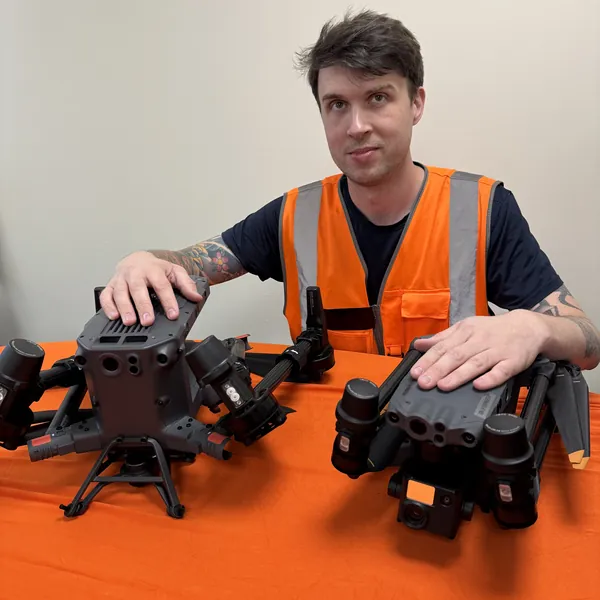
Training Requirements
Earning your RPC-L3 licence requires completing a rigorous training course that combines advanced theory with intensive practical application. You'll first master advanced theoretical modules covering a range of topics.
These include planning for complex operational scenarios, managing flights in controlled airspace, and conducting thorough risk assessments for medium-risk environments. This knowledge builds your foundation for safe and effective flight operations.
On the practical side, you'll prove your real-world competence. The program mandates you pass three distinct flight assessments and complete in-depth, hands-on training to sharpen your skills under various conditions. It’s an intensive experience designed to build your expert-level control.
You must complete all practical elements within a compressed six-month timeline. This isn't arbitrary; it’s designed to ensure you maintain consistent skill development and stay current with your abilities throughout the demanding process, keeping your learning focused and effective.
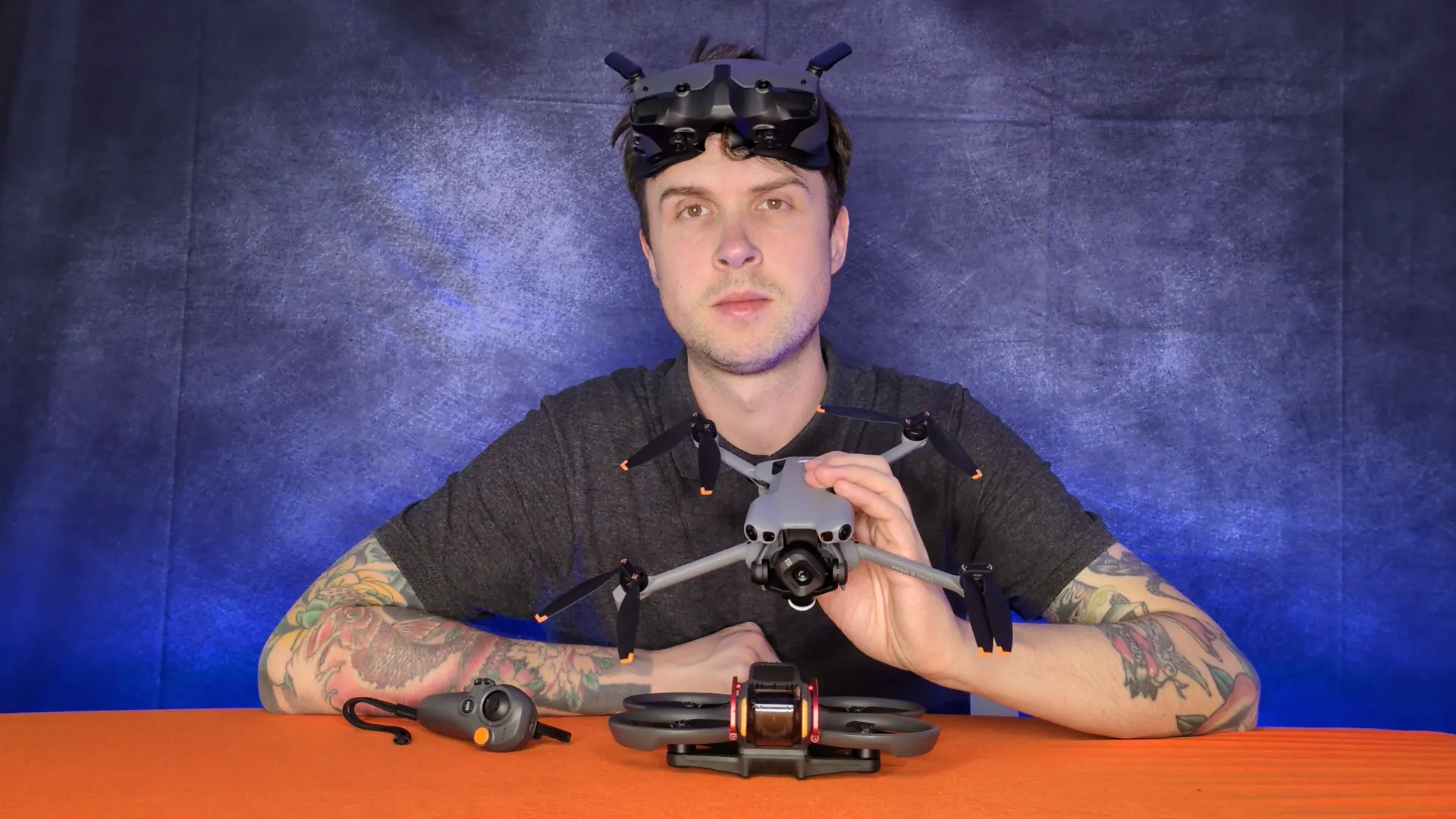
RPC-L3: Advanced Competence Validity and Progression
After completing the demanding training, your competence is confirmed through a comprehensive practical assessment. You'll need to successfully execute at least two BVLOS flights under ARC-a conditions, for a minimum of 30 minutes total flight time. This isn't just about flying; the test is divided into four critical sections.
You'll demonstrate mastery of pre-flight operations, including everything from flight planning and documentation to mass and balance checks. Then, you'll manage in-flight procedures like navigation and monitoring your drone's endurance.
Next, you'll perform skilled approaches and landings. Finally, you must prove you can handle contingency procedures effectively.
Throughout the assessment, you’re evaluated on your situational awareness, use of checklists, risk management, and both manual and automated control skills. Passing this is your final hurdle to obtaining a valid RPC-L3 and progressing as an advanced drone pilot.
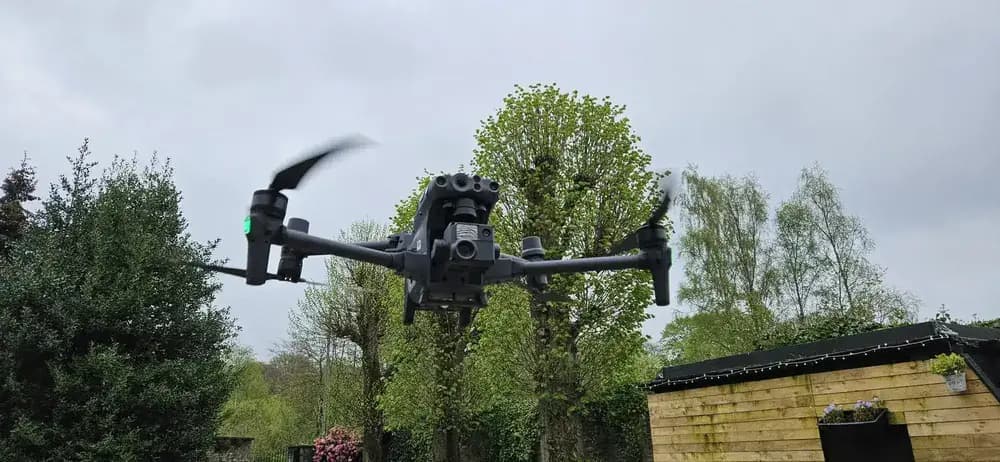
Frequently Asked Questions
How Much Does the RPC-L3 Certification Course Typically Cost?
You'll find certification course costs vary widely depending on the provider and what's included in the package. For a specialized program like an RPC-L3, you're typically looking at a price between £700 and £1,500. This fee usually covers your online ground school, all required learning materials, and the final flight review. Before you enroll, it's always wise to confirm exactly what you'll get for the price you pay.
What Kind of Drone Insurance Is Required for RPC-L3 Operations?
You're required to carry liability insurance covering third-party property damage and bodily injury for commercial flights. It’s not optional. Since your RPC-L3 certificate authorizes you for advanced operations, this insurance is mandatory under UK Civil Aviation Authority (CAA) regulations. You must hold a sufficient policy that complies with regulation EC 785/2004 before you conduct any flight. Make sure you can present proof of your active insurance policy whenever you're flying under your certificate.
Can I Use My Own Drone for the Advanced Flight Review?
Yes, you can and should use your own drone for the flight review. It's the best way to prove you’re proficient with the equipment you'll actually be operating. However, for an advanced flight review, your drone must meet specific requirements. It needs a manufacturer safety assurance declaration for advanced operations. You'll need to confirm with your flight reviewer beforehand that your chosen drone is compliant, as they have the final say on its suitability.
How Long Does the Entire Certification Process Usually Take?
How long a certification takes really depends on the specific credential you're pursuing. For your advanced drone pilot certification, the timeline’s largely up to you. You’ll need to study for and pass the online exam, which you can finish when you’re ready. Then, you schedule your in-person flight review. If you’re dedicated, you could complete the entire process within one to two weeks, though it's more common to take several weeks.
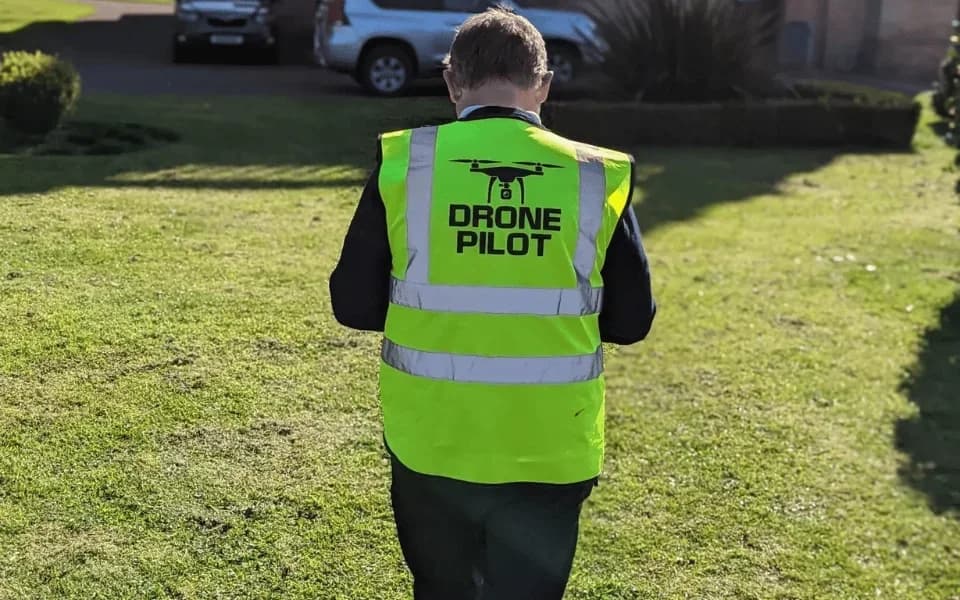
Is My RPC-L3 License Valid for Flying in Other Countries?
Generally, your drone certification isn't a global passport for flying. Most countries don't recognize licenses from other nations, as each has its own specific aviation regulations. Your RPC-L3 is a UK certification, so it doesn't grant you automatic permission to fly abroad. Before you travel, you'll need to research and comply with the drone laws of your destination country. This often means you'll have to obtain a local permit or certification.
Hire Certified BVLOS Drone Pilots for Your Complex Projects
Achieving an RPC-L3 certificate is the key to unlocking complex Beyond Visual Line of Sight operations, but finding drone pilots with this advanced qualification can be a significant challenge for businesses. These high-level skills are essential for missions in controlled airspace or near populated areas, and sourcing the right expertise is critical for success and following the drone rules and laws.
This is where HireDronePilot provides a streamlined solution. As the UK's premier managed marketplace, we specialise in connecting businesses with verified professional drone pilots for hire. Our network includes operators with advanced certifications like the RPC-L3, ensuring they possess the proven skills and experience necessary for your most demanding BVLOS projects. We streamline drone services through competitive bidding from our vetted members, ensuring quality, compliance, and value for every aerial project across the United Kingdom.
Ready to elevate your aerial operations? Find RPC-L3 qualified drone pilots on our platform and get quotes from the UK's leading BVLOS specialists.
About the Author

Written by
Peter Leslie
Peter Leslie is a CAA-approved commercial drone pilot with 10+ years experience and over 10,000 flight hours. He holds the GVC and A2 CofC drone licences with full CAA Operational Authorisation. Peter is a member of ARPAS-UK, the UK's non-profit trade association for the drone industry. He founded HireDronePilot to connect UK businesses with qualified, insured drone operators.
Looking for More Drone Work?
Join the UK's leading network of professional drone pilots and grow your business.
Open Access
Bid on any job - all jobs open to all pilots
Grow Revenue
Access high-value commercial projects
Stay Busy
Fill your schedule with regular work
Related Articles
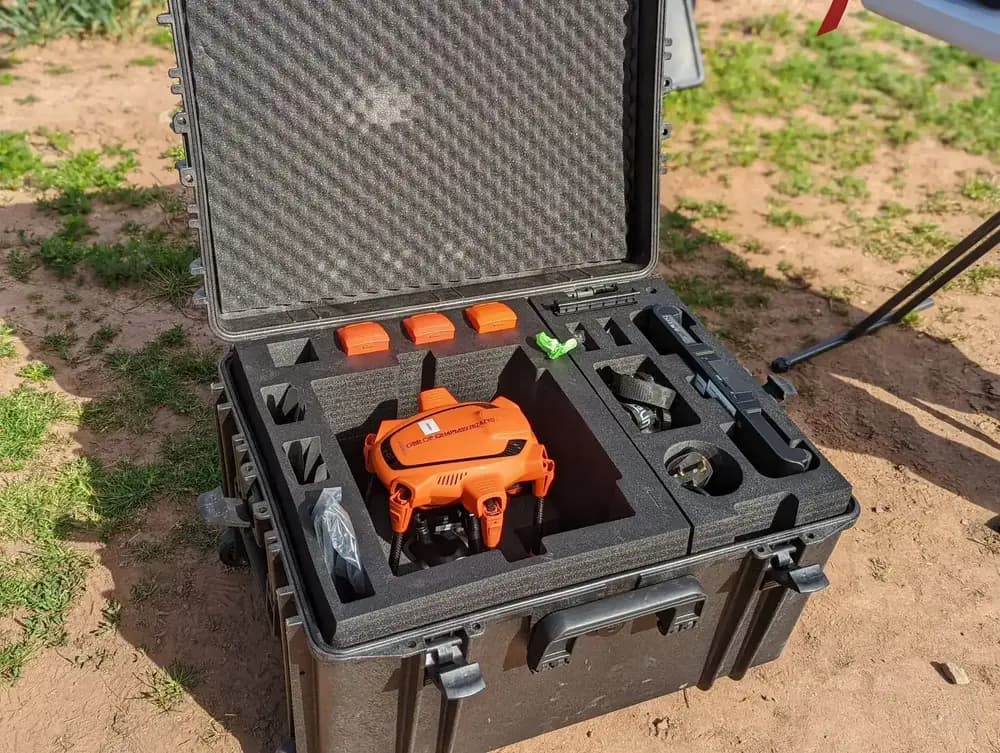
Our Drone Survey Service In Stirling, Scotland
Bringing you Stirling drone survey data from areas no one else can fly.

How Much Does A Drone LiDAR Survey Cost
Forecasting your drone LiDAR survey cost requires understanding what's hidden beyond the initial quote.
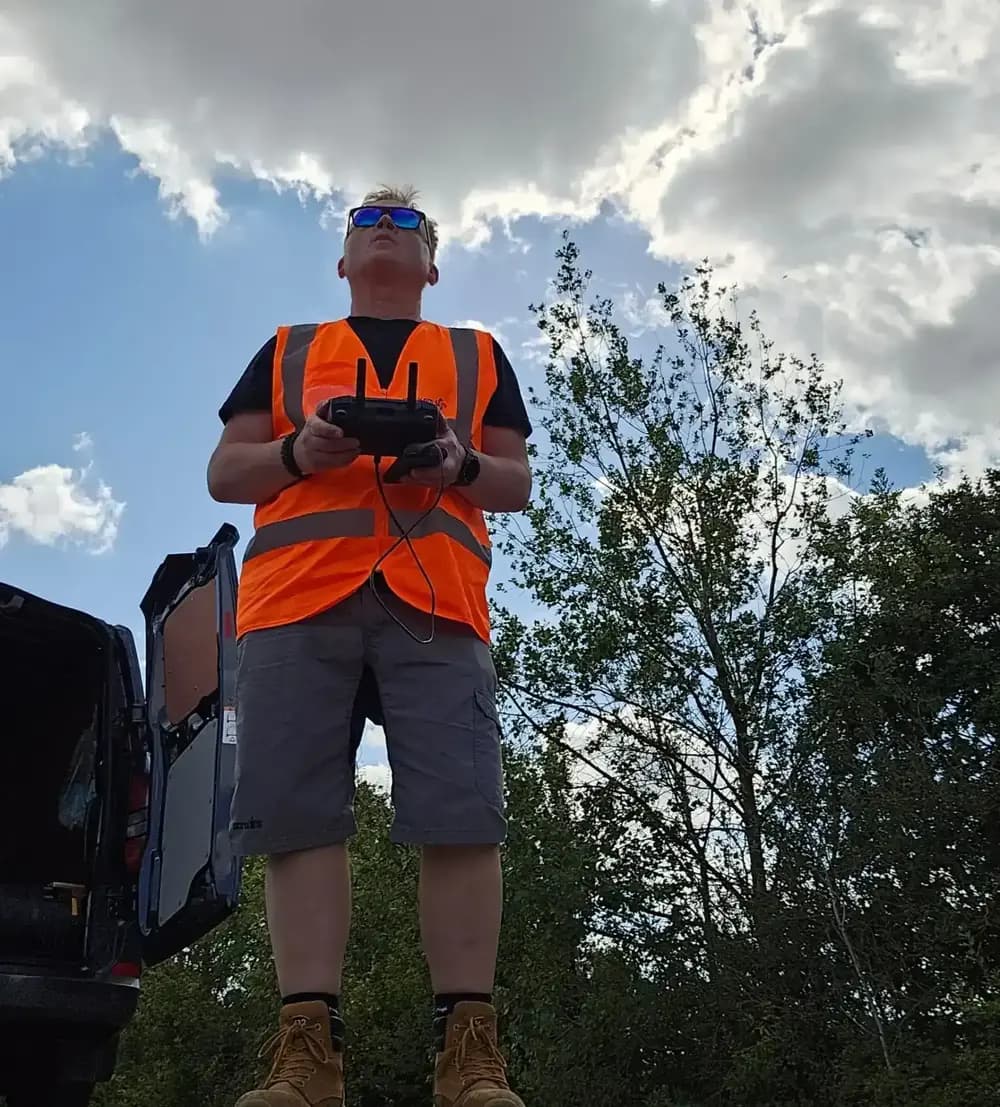
Step By Step Process Of Drone LiDAR Survey
Next, discover the crucial post-flight steps that determine your survey's success.
